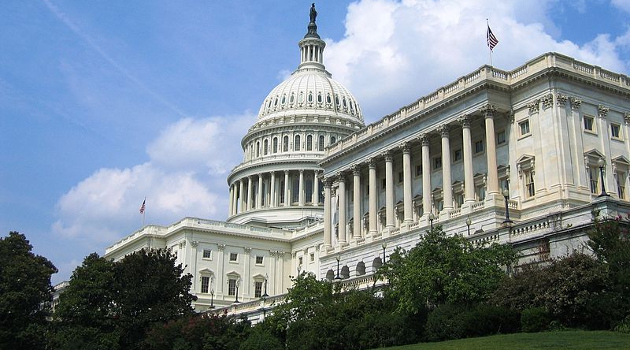
by Dan Mitchell | Mar 12, 2022 | Uncategorized
As part of a panel discussion with the Texas Public Policy Foundation, I explained (with a frozen look) why spending caps (such as Switzerland’s “debt brake“) are better than balanced budget requirements. This is a topic I’ve written about many times, noting that even...

by Dan Mitchell | Feb 3, 2022 | Big Government, Blogs, Government Spending, Welfare and Entitlements
The title of this column is an exaggeration. What we’re really going to do today is explain the main things you need to know about government debt. We’ll start with this video from Kite and Key Media, which correctly observes...

by Dan Mitchell | Jan 19, 2022 | Big Government, Blogs, Government Spending
Back in 2017, the Center for Freedom and Prosperity released this video to help explain why spending caps are the most sensible and sustainable fiscal rule. Switzerland actually has a spending cap in its constitution, and similar fiscal rules also exist...

by Dan Mitchell | Jan 13, 2022 | Big Government, Blogs, Government Spending, Taxation
As part of a recent discussion with Gene Tunny in Australia, I explained why I support “Starve the Beast,” which means keeping taxes as low as possible to help achieve the goal of spending restraint. The premise of Starve the Beast is very simple. Politicians like to...

by Dan Mitchell | Dec 6, 2021 | Big Government, Blogs, Economics, Government Spending, Taxation
Regarding fiscal policy, almost everyone’s attention is focused on Biden’s growth-sapping plan to increase the burden of taxes and spending. People are right to be concerned. If the President’s plan is approved, the already-grim fiscal outlook for...






